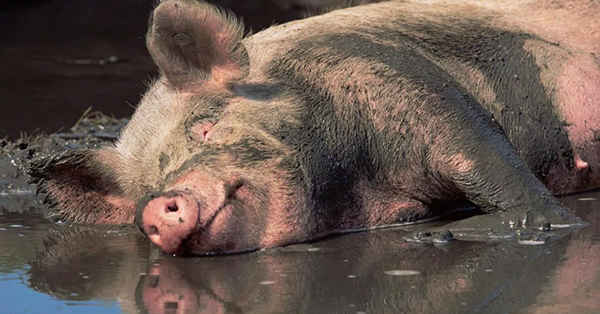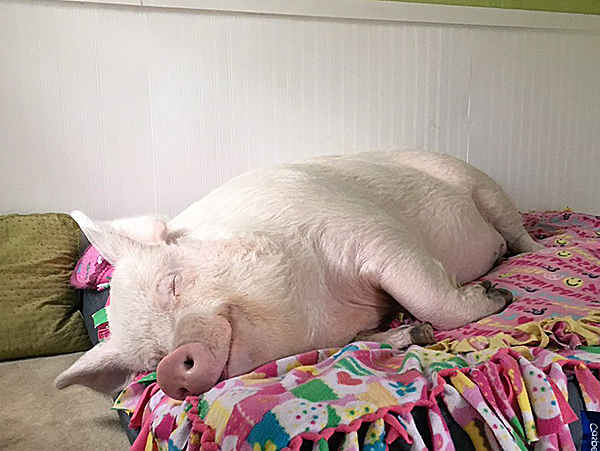Why are pigs so dirty?
Pigs have long been associated with filth and dirtiness in various cultures. This perception often stems from several factors related to their behavior, habitat, and physiology.

However, it’s essential to understand the nuances behind this perception and debunk some myths along the way.
Natural Behavior and Habitat
Pigs are natural foragers, which means they root around in the soil with their snouts to find food. This behavior can lead them to muddy areas where they wallow to cool off and protect themselves from insects and the sun.
While this behavior is instinctual and serves practical purposes for pigs, it contributes to the perception of dirtiness.
Lack of Sweat Glands
Unlike humans, pigs do not have sweat glands, which means they cannot regulate their body temperature by sweating. Instead, they rely on other methods like wallowing in mud or water to cool down.
While this behavior helps them stay cool, it also adds to the perception of dirtiness since they often coat themselves in mud.
Stereotypes and Cultural Perceptions
Throughout history, pigs have been depicted as dirty animals in various cultural and religious contexts. These depictions have influenced how people perceive pigs, perpetuating the idea that they are inherently dirty creatures.
Such stereotypes can be challenging to overcome, despite scientific evidence to the contrary.
Fascinating Tidbits

Contrary to popular belief, pigs are actually quite clean animals. They designate specific areas within their living spaces for sleeping and defecating, separate from where they eat and drink.
In commercial pig farming, modern facilities prioritize cleanliness and hygiene to maintain the health and well-being of the animals. This includes regular cleaning of living areas and providing access to clean water for bathing.
Pigs have a strong sense of smell, which they use to root out food. However, this heightened sense of smell also means they can detect odors that humans might find unpleasant, contributing to the perception of dirtiness.
Understanding the reasons behind the perception of pigs as dirty animals can help challenge stereotypes and foster a more accurate understanding of these intelligent and often misunderstood creatures.












